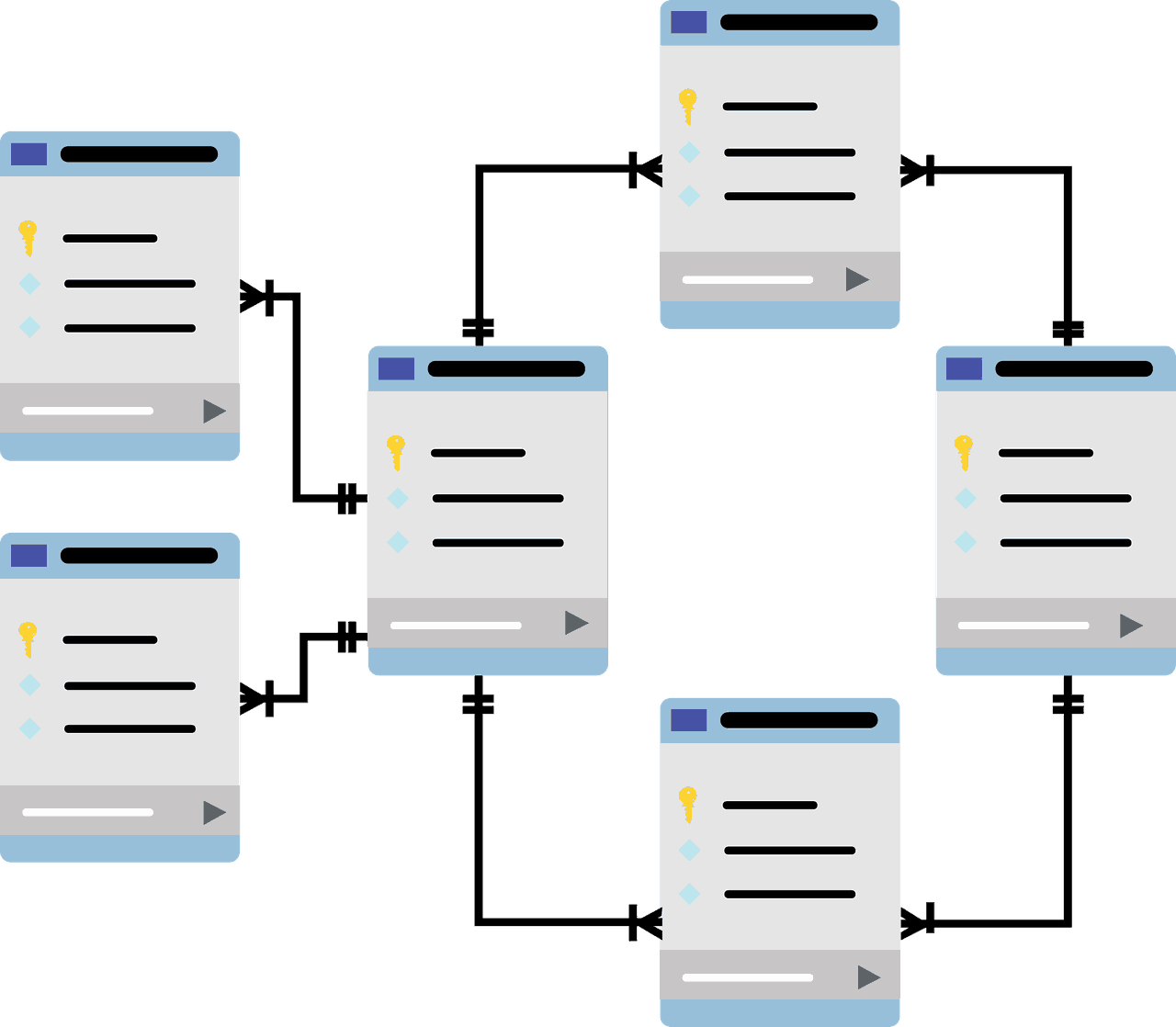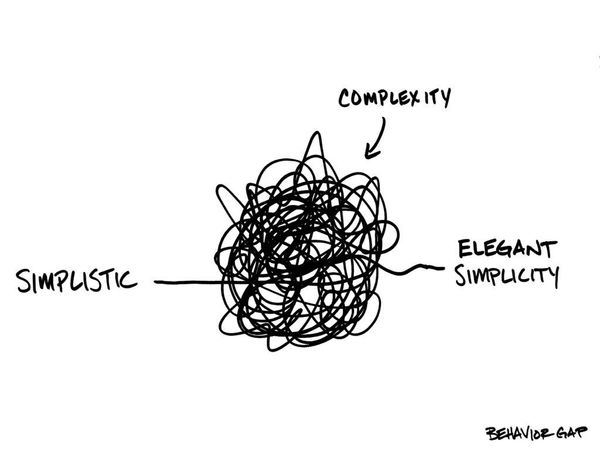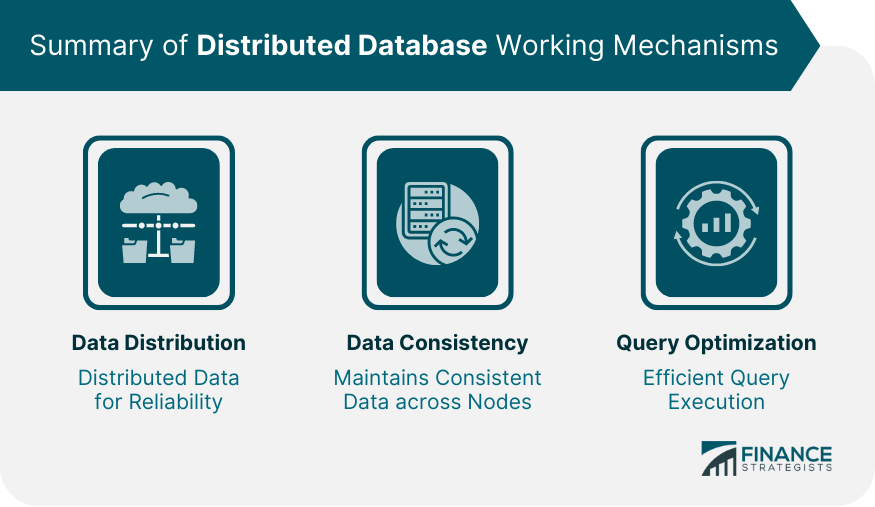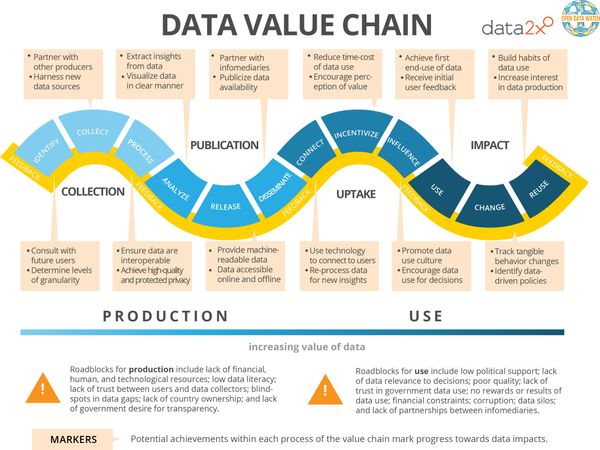MySQL Versions in 2023
As businesses continue to digitize and the world moves closer to full automation, the demand for powerful database systems has never been higher. MySQL is one of the most popular databases in the world, and it’s no wonder why it’s a powerful, reliable, and secure system that scales as your business grows.
In this blog, we’re going to look at the upcoming version of MySQL version 8.0 and discuss why it’s the perfect choice for businesses looking to unlock the power of their data. We’ll explore its features, benefits, and how to migrate from older versions successfully. By the end of this blog, you’ll have a better understanding of the potential of MySQL 8.0 and how you can use it to transform your business.
Introduction to MySQL Versions
MySQL is an open-source relational database management system (RDBMS) that’s used by millions of businesses around the world. It’s a powerful and reliable system that’s designed to scale as your business grows, so it’s no wonder that it’s so popular.
MySQL is constantly being updated with new features and improvements. It’s currently on version 8.0, and it’s packed with new features that make it even more powerful and secure. In this blog, we’re going to explore the upcoming version of MySQL version 8.0 and discuss why it’s the perfect choice for businesses looking to unlock the power of their data.
What’s New in MySQL 8.0
They packed new features into MySQL 8.0, making it even more powerful and secure. Here are just a few of the features you can expect from MySQL 8.0:
- SQL Roles: This feature allows you to create user roles and assign them different levels of access to the database. This makes it easier to manage user permissions and ensures that only the right people have access to the data they need.
- Full-text Search: This feature makes it easier to search through your data, allowing for a quick discovery of the information you need.
- Improved Security: MySQL 8.0 has improved security features such as data encryption, password validation, and other security enhancements that make it even more secure than previous versions.
- Improved Performance: MySQL 8.0 has improved performance features such as query optimization and improved indexing, which makes it faster and more efficient than ever before.
Benefits of Upgrading to MySQL 8.0
Upgrading to MySQL 8.0 has several benefits for businesses. Here are just a few of the benefits of upgrading to version 8.0:
- Increased Security: As mentioned above, MySQL 8.0 has improved security features, which makes it more secure than ever before. This is especially important in today’s digital world, where data breaches can have serious consequences.
- Improved Performance: MySQL 8.0 has improved performance features such as query optimization and improved indexing, which makes it faster and more efficient than ever before. This can help businesses save time and money.
- Easier Database Administration: MySQL 8.0 has improved features such as SQL roles, which make it easier to manage user permissions and ensure that only the right people have access to the data they need. This can save businesses time and money.
- Lower Costs: Upgrading to MySQL 8.0 can help businesses save money in the long run, as it’s more secure and efficient than previous versions. This can help businesses save money on data storage and maintenance costs.
Features of MySQL 8.0
MySQL 8.0 has some features that make it even more powerful and secure than previous versions. Here are just a few of the features you can expect from version 8.0:
- Improved Security: MySQL 8.0 has improved security features such as data encryption, password validation, and other security enhancements that make it even more secure than previous versions.
- Improved Performance: MySQL 8.0 has improved performance features such as query optimization and improved indexing, which makes it faster and more efficient than ever before.
- SQL Roles: This feature allows you to create user roles and assign them different levels of access to the database. This makes it easier to manage user permissions and ensures that only the right people have access to the data they need.
- Full-text Search: This feature makes it easier to search through your data, allowing you to find the information you need quickly.
- Improved Replication: MySQL 8.0 has improved replication features, which makes it easier to replicate data across multiple sites.
Migrating From Older Versions of MySQL
Migrating from an older version of MySQL to version 8.0 can be a daunting task. Fortunately, there are many tools and resources available to help transition easier.
First, it’s important to understand the differences between the older versions and the new ones. This will help you identify any incompatibilities between the two versions, so you can make sure your data remains secure and intact during the migration process.
Once you understand the differences between the versions, you can begin the migration process. There are several tools available to help you with this, such as the MySQL Migration Toolkit. This tool allows you to migrate your data from an older version to the new one easily, losing none of your data.
Exploring Database Design with MySQL 8.0
It has packed MySQL 8.0 with features that make it easier to explore and design your database. Here are just a few of the features you can expect from MySQL 8.0:
- Improved Data Modeling: MySQL 8.0 has improved data model’s features, which make it easier to design and explore your database.
- Improved Query Optimization: MySQL 8.0 has improved query optimization features, which makes it easier to optimize your queries for better performance.
- Improved Indexing: MySQL 8.0 has improved indexing features, which makes it easier to find the data you need.
- Improved Replication: MySQL 8.0 has improved replication features, which make it easier to replicate data across multiple sites.
How to Connect to MySQL 8.0
Once you’ve successfully migrated to MySQL 8.0, you’ll need to know how to connect to the database. Fortunately, it’s easy to connect to MySQL 8.0. You can use a variety of tools and languages, such as PHP, Java, and Python, to connect to MySQL 8.0.
For example, if you’re using PHP, you can connect to MySQL 8.0 using the PHP Data Objects (PDO) library. This library allows you to connect to MySQL 8.0 using the PDO object, and it’s easy to use.
MySQL 8.0 Security and Performance Optimization
MySQL 8.0 provides powerful and secure protection for your data. Here are just a few tips to help you optimize your MySQL 8.0 security and performance:
- Use encryption: Encrypting your data is one of the best ways to keep it secure. MySQL 8.0 has improved encryption features, so take advantage of them.
- Use secure passwords: use secure passwords to protect your data. Avoid using common passwords and use a combination of upper and lowercase letters, numbers, and special characters.
- Use secure connections: use secure connections when connecting to your database. This will help protect your data from hackers.
- Optimize your queries: optimize your queries for better performance. MySQL 8.0 has improved query optimization features, so take advantage of them.
Troubleshooting Common Issues with MySQL 8.0
MySQL 8.0 is a powerful and reliable system, but like any system, it can sometimes have issues. Here are some tips to help you troubleshoot common issues with MySQL 8.0:
- Check for errors: check for errors in your queries or code. This can help you identify any issues quickly and easily.
- Check for compatibility: check for compatibility issues between your code and MySQL 8.0. This can help you identify any incompatibilities quickly and easily.
- Check your logs: MySQL 8.0 has improved logging features, so check your logs for any errors or issues.
- Check your server: check your server for any issues or errors. This can help you identify any problems quickly and easily.
Conclusion – Unlocking the Power of MySQL 8.0 in 2023
MySQL 8.0 is a powerful and secure system that scales as your business grows. It’s packed with new features that make it even more powerful and secure than previous versions, and it’s designed to help businesses unlock the power of their data.
By upgrading to MySQL 8.0, businesses can benefit from improved security, performance, and cost savings. They can take advantage of improved features, such as SQL roles, full-text search, and improved replication.
We hope this blog has helped you understand the potential of MySQL 8.0 and how you can use it to transform your business.
If you’re looking for help with your data challenges, we can help. We solve your toughest data challenges faster and better than anyone else.







